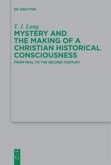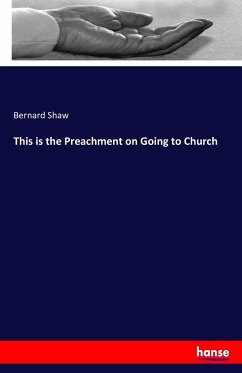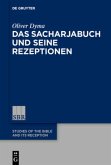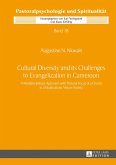This book sets out to provide a matrix for surveying the literary treatment of biblical tropes. It supplies an overview of the literary reception of the Bible from the earliest times right through to contemporary writers such as Jeanette Winterson and Colm Tóibín, traces the literary reception and treatment of the Book of Job; the figure of Uriah in the narrative of David and Bathsheba; the figure of Lilith; and Angels of Death and of Mercy. These are all handled as specimen histories. This is followed by an examination of the output of several specific early and later Twentieth-Century rewriters of the Bible. In the last chapters, three sets of other writers under particular headings ("the Great Disrupters" etc.) are grouped together with a view to finding common characteristics as well as unique features in their approach to biblical tropes and provide conclusions and suggestions for further research.
Hinweis: Dieser Artikel kann nur an eine deutsche Lieferadresse ausgeliefert werden.
Hinweis: Dieser Artikel kann nur an eine deutsche Lieferadresse ausgeliefert werden.








